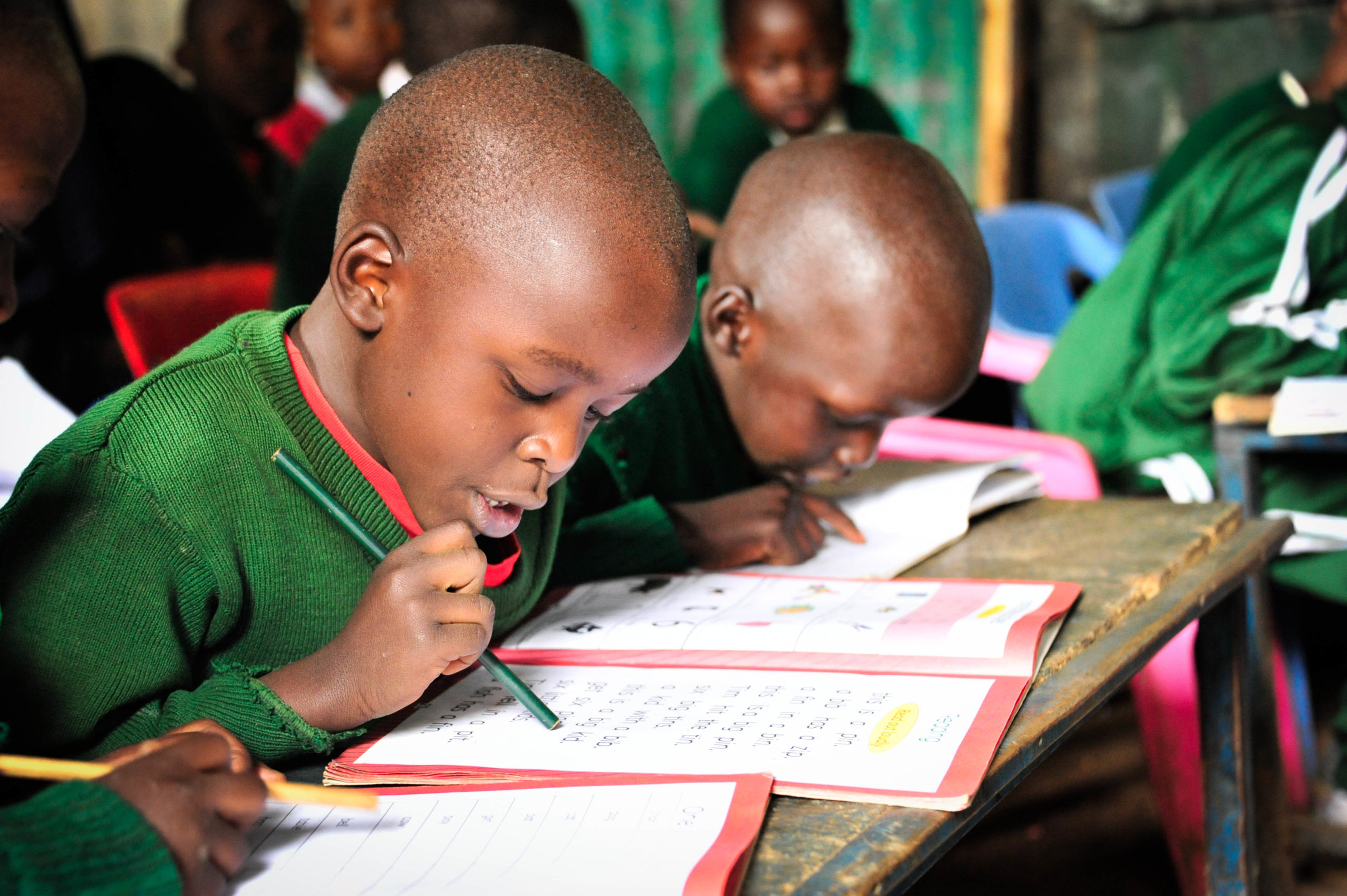[et_pb_section admin_label=”section”][et_pb_row admin_label=”row”][et_pb_column type=”4_4″][et_pb_text admin_label=”Text” background_layout=”light” text_orientation=”left” use_border_color=”off” border_color=”#ffffff” border_style=”solid”]
Tips for Parents, Caregivers, and Families
[/et_pb_text][et_pb_text admin_label=”Text” background_layout=”light” text_orientation=”left” use_border_color=”off” border_color=”#ffffff” border_style=”solid”]
My fondest childhood memories revolve around literacy. Every night, my parents would read us bedtime stories. In pre-primary school, I played spelling games with cut-out letters. In the car, I would avidly read passing street signs and billboards. My parents encouraged these experiences which ultimately cultivated my passion for learning.
[/et_pb_text][/et_pb_column][/et_pb_row][et_pb_row admin_label=”Row”][et_pb_column type=”2_3″][et_pb_image admin_label=”Image” show_in_lightbox=”off” url_new_window=”off” use_overlay=”off” animation=”left” sticky=”off” align=”left” force_fullwidth=”off” always_center_on_mobile=”on” use_border_color=”off” border_color=”#ffffff” border_style=”solid” src=”https://dignitasproject.org/assets/uploads/2018/08/Literacy.Dignitas.jpg”] [/et_pb_image][/et_pb_column][et_pb_column type=”1_3″][et_pb_text admin_label=”Text” background_layout=”light” text_orientation=”left” use_border_color=”off” border_color=”#ffffff” border_style=”solid”]
Studies show a direct link between student socioeconomic status and vocabulary. By age 3, students from low-income families have a 30 million word gap as compared to their wealthier peers. Vocabulary used at an early age accurately predicts a child’s language and reading comprehension level in later years. To ensure your child’s success, here are some practical tips for developing literacy skills at every level!
[/et_pb_text][/et_pb_column][/et_pb_row][et_pb_row admin_label=”Row”][et_pb_column type=”4_4″][et_pb_text admin_label=”Text” background_layout=”light” text_orientation=”left” use_border_color=”off” border_color=”#ffffff” border_style=”solid”]
Under 3:
Talk about Everything – Eighty percent of baby brain development occurs during the first three years and talking to your newborn will strengthen the connections needed to learn. Speaking to babies will help them develop vocabulary and literacy skills. Wondering what to discuss? Talk about what you see, talk about what you are doing, talk about everything!
Express Yourself – Vary your voice and facial expressions to help your child understand vocabulary words. When you are sad, you might speak in a lower tone. When you are excited, you might open your eyes wide, wave your hands, and smile! Doing so will teach your child the meaning of words and will enhance their communication skills.
[/et_pb_text][/et_pb_column][/et_pb_row][et_pb_row admin_label=”Row”][et_pb_column type=”2_3″][et_pb_text admin_label=”Text” background_layout=”light” text_orientation=”left” use_border_color=”off” border_color=”#ffffff” border_style=”solid”]
Pre-Primary:
Model (and teach) Reading – Point to the words as you read to your child. Ask your student to count the letters in a word and words in a sentence. This will help develop an understanding of text and concepts about print (e.g., letters make words and words make sentences, we read books from left to right and top to bottom.) If possible, label household items to increase environmental print. Children will match the spelling of the word with the item.
[/et_pb_text][/et_pb_column][et_pb_column type=”1_3″][et_pb_image admin_label=”Image” show_in_lightbox=”off” url_new_window=”off” use_overlay=”off” animation=”left” sticky=”off” align=”left” force_fullwidth=”off” always_center_on_mobile=”on” use_border_color=”off” border_color=”#ffffff” border_style=”solid” src=”https://dignitasproject.org/assets/uploads/2018/08/exploring-1.png”] [/et_pb_image][/et_pb_column][/et_pb_row][et_pb_row admin_label=”Row”][et_pb_column type=”4_4″][et_pb_text admin_label=”Text” background_layout=”light” text_orientation=”left” use_border_color=”off” border_color=”#ffffff” border_style=”solid”]
Get Creative – Sing songs together, recite nursery rhymes, ask your child to act out his favorite story, or sky-write letters and words in the air with a “magic pen”. At this age, the line between imagination and reality is blurred which allows you to be as creative as possible! Check out Reading Rockets for more ideas!
Explore – The world offers new adventures daily. Encourage your student to read words around them: billboards, food labels, door posts, newspapers. Even if they cannot understand everything, ask them what they think the text is about. Introduce new vocabulary and build background knowledge on a regular basis by guiding children’s play. Ask them questions and discover new places and ideas. Increased exposure to various topics will strengthen your student’s vocabulary.
[/et_pb_text][/et_pb_column][/et_pb_row][et_pb_row admin_label=”Row”][et_pb_column type=”1_2″][et_pb_text admin_label=”Text” background_layout=”light” text_orientation=”left” use_border_color=”off” border_color=”#ffffff” border_style=”solid”]
Primary:
Listen and Learn – Actively listen to your child. Discover her passions and interests and select books about those topics. Learning about new ideas together will teach your student that learning is a never ending habit.
Read, Write, Discuss – Schedule time to read together. After reading, discuss the book. Ask comprehension questions such as: “what happened when…”, “why did she…”, “what would you change?”, “what was your favorite part?”. Ask him to explain vocabulary words and use them in a sentences or to write a new ending to the story! Increasing time spent reading, writing, and talking will improve literacy.
[/et_pb_text][/et_pb_column][et_pb_column type=”1_2″][et_pb_image admin_label=”Image” show_in_lightbox=”off” url_new_window=”off” use_overlay=”off” animation=”left” sticky=”off” align=”left” force_fullwidth=”off” always_center_on_mobile=”on” use_border_color=”off” border_color=”#ffffff” border_style=”solid” src=”https://dignitasproject.org/assets/uploads/2018/08/exploring.png”] [/et_pb_image][/et_pb_column][/et_pb_row][et_pb_row admin_label=”Row”][et_pb_column type=”4_4″][et_pb_text admin_label=”Text” background_layout=”light” text_orientation=”left” use_border_color=”off” border_color=”#ffffff” border_style=”solid”]
Secondary:
Challenge – Teens love challenges. Competition makes learning enjoyable. Find new opportunities to promote fun competition. Challenge your student to learn a new word a day, or to set a reading target. Challenge them to see how many books they can read in a term, or how long they can read uninterrupted.
Disconnect, Discuss, and Debate – When spending time together, put the phones away! Leverage daily routines to talk about the world and have debates. As students grow older, conversations about real world events promote critical thinking and help students understand the world.
Read Together – Time spent together reading promotes a healthy reading culture. Regardless of what you prefer to read, make it a habit to read often and read together. Take a trip to the nearest library or book store. Allow your child to select a choice while you pick one of interest. Dozens of websites also offer free eBooks.
Language is all around us and developing literacy skills at home only requires the willingness to do so! Happy reading!
[/et_pb_text][et_pb_text admin_label=”Text” background_layout=”light” text_orientation=”left” use_border_color=”off” border_color=”#ffffff” border_style=”solid”]
Contributor: Leah Anyanwu – Program & Evaluation Director
[/et_pb_text][/et_pb_column][/et_pb_row][/et_pb_section]

